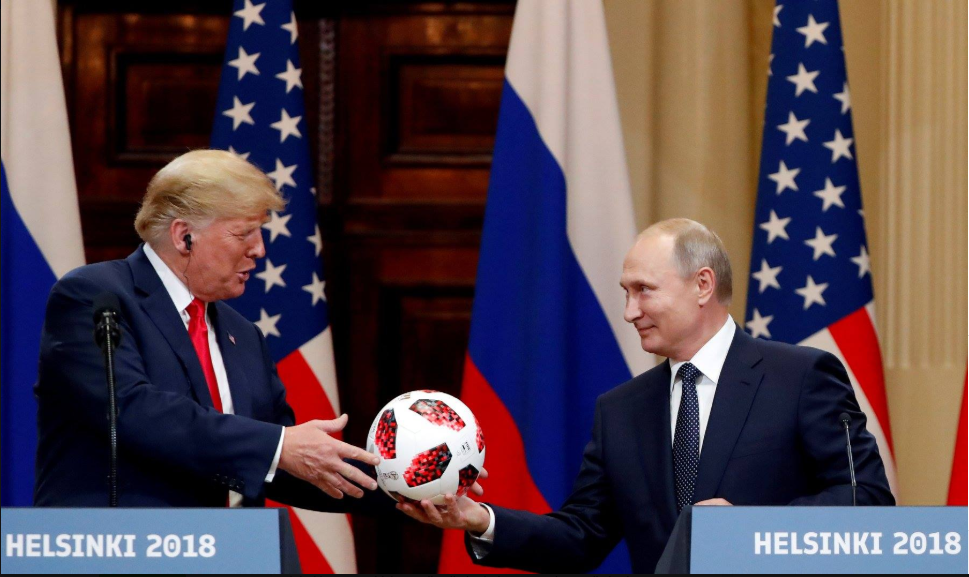
While the first thing on the American mind after the Trump-Putin summit in Helsinki is Trump’s comments regarding the Russian election meddling, there is a lot more for the world to worry about when it comes to international relations.
The world is undergoing a major transformation. While many are able to notice it, very few can conceive of the true nature of the change, and much less how we can go through it successfully.
Much of what is happening revolves around money, as it is still the infrastructure of our manmade systems. Therefore, the emerging global crisis we face is mostly financial. When many different stakeholders rock the global boat on which we all sail, the balance can be easily broken.
The global financial systems are highly unstable, yet no one knows how and when they will break. We do know that major wars typically start with economic crises. And in today’s hyper-connected world, a cyber-attack is all it takes to cause a power outage for an entire country or a disruption of public institutions. Hence, it’s better for everyone that Russia and the U.S. will be in cooperation mode, especially when it comes to the economic system.
However, economics is a direct reflection of human relations. And the nature of human relations today is at the most egoistic state it’s ever been, with international affairs looking a lot like mafia affairs. Take a look at how European countries wish to isolate themselves within their borders while the debts of the EU keep growing. And so, as the growing egoism faces the reality of growing interdependence, we are nearing a dead end.
The crises we witness from day to day gradually uncover the global challenge we face: fixing human relations at the root. We have to upgrade the level of human relations to match our globally interdependent world.
Until the last century, nations still fought for resources. But in today’s world we can provide abundance to all at the touch of a button, which makes it clear that any shortage stems from our inability to organize as a global society. In other words, we must upgrade human relations to reorganize our manmade systems.
This is where Israel enters the scene. “Israel holds the essence of all being,” writes Rav Kook, “and there is no movement in the world, in all the nations, which you will not find in Israel.”
The people of Israel was founded on the ability to connect all nations to a cohesive society. Israel carries the D.N.A for the future of human relations. This is not about morals and ethics, but rather developing a tangible perception of the interconnected world. This is the true start-up the world expects from “the start-up nation.”
Both Trump and Putin declared their commitment to Israel at the Helsinki summit. But the use of Israel as a political bargaining chip in the hands of world leaders is not new. Among the nations of the world there is a certain sense that connection with the Jewish people can provide a global advantage. At the end of the day, both leaders will be positive to Israel as long as it serves their interests.
Israel’s status in the international community is so fluid that friendship can turn to hostility overnight. It’s not difficult to imagine one of the Scandinavian countries, for instance, calling for a boycott of Israel, gradually followed by other European countries. In such an escalating scenario, it’s not certain that the U.S. could help Israel even if it wanted to.
Surely, in times of trouble, Israelis become the epitome of solidarity and social cohesion. But rather than waiting for heavy pressure from the world, we should deliver what humanity needs from us in the first place: an example for new human relations, a society that demonstrates a new level of human connection, suitable for the connected future of humanity. This is the real summit.
Image: Reuters
Posted on Facebook July 18th, 2018